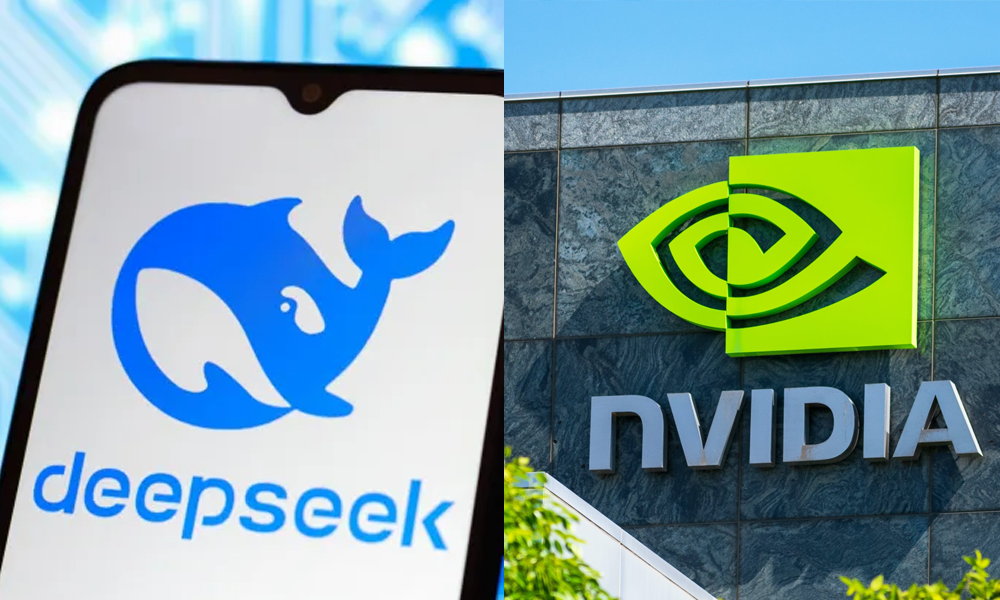Islamabad, Feb 25: Nvidia’s dominance in the AI chip market is facing increased scrutiny as competition from lower-cost alternatives, such as China’s DeepSeek, gains traction. While Nvidia has been the leading beneficiary of AI-driven investments by major tech firms over the past two years, DeepSeek claims it can offer AI models at a significantly reduced price, raising questions about the continued necessity of Nvidia’s expensive chips.
The rise of DeepSeek in January led to a staggering $593 billion drop in Nvidia’s market value, marking the largest single-day loss for any U.S. company. Despite this setback, Nvidia’s stock has remained one of the top performers in both 2023 and 2024, reflecting the ongoing demand for its high-performance chips.
Nvidia is expected to report a 72% increase in revenue to $38.05 billion for the fourth quarter, although this marks its slowest growth in seven quarters. The company is projected to forecast a 60% rise in revenue for the first quarter ending in April. While demand for Nvidia’s AI chips remains robust, with major clients such as Microsoft and Meta continuing to invest heavily in data centers, the company faces challenges. The latest Blackwell series chips, which aim to generate significant revenue, come with high production costs that may pressure profit margins.
The introduction of the Blackwell series marks a strategic shift for Nvidia, moving from selling individual chips to offering full AI computing systems, including GPUs, CPUs, and networking equipment. This transition, however, has not been without hurdles, as contract manufacturer TSMC struggles to expand its capacity to meet the growing demand for advanced chip packaging.
Despite facing production issues in the early stages, Nvidia has made significant progress with Blackwell and anticipates sales will exceed initial projections. Nevertheless, with mounting competition and production challenges, questions remain about Nvidia’s ability to sustain its growth in an increasingly competitive AI market.
